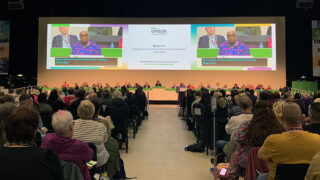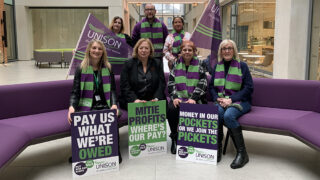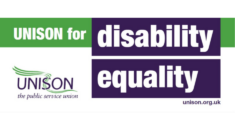The United Nations International Day for the Elimination of Racial Discrimination is held each year on the anniversary of the day the police opened fire and killed 69 people and injured 180 others at a peaceful demonstration against the South African apartheid ‘pass laws’ at the now infamous Sharpeville massacre in 1960.
At its general assembly in 1979, the UN agreed that each member state should organise a week of activities every year, to bring focus to the fight against racism.
The origins of the UN day against racism are important to remember. It came out of the deaths of Black people standing up for their rights.
In 1999, six years after the murder of South London teenager Stephen Lawrence, the inquiry led by William MacPherson into the death and subsequent (mis)investigation by the Metropolitan Police reported. It drew the attention of the nation toward tackling the institutional racism that was so ingrained in many public and private institutions.
Just last year in the United States, the killings of Breonna Taylor and George Floyd by the police brought a new energy to the fight against racism.
Across the world we began to see popular movements develop that asserted that Black Lives Matter – a cry that itself first emerged after the murder of 18-year-old Black man Michael Brown, in Ferguson, Missouri, in the USA.
Trade unions were at the heart of the anti-apartheid movement and the campaign for justice for the Lawrence family, and were also early supporters of the Black Lives Matter movement.
UNISON, and our predecessor unions, has always been more than an ally in these campaigns. We have been active collaborators for racial justice.
Aside from the obvious social justice arguments, UNISON is also clear that, when working people are divided against each other in any way, then all of us are weaker in being able to deliver for our members in their workplaces and the communities in which they live.
Black people have been killed by the COVID-19 pandemic out of all proportion to our numbers in the country. At the same time, Black workers have shown a hesitancy to take the vaccine because answers have not been provided into why Black people have been affected this way and also out of a knowledge of past clinical experiments that have been carried out against our people over many years.
This hesitancy has led to some employers threatening Black workers with dismissal if they refuse to take the vaccine.
UNISON advises all members to take the vaccine for their own safety and the safety of the people they are providing a service for.
We are also, however, against employers taking a heavy -anded approach and threatening workers with dismissal. This is clearly an issue for all workers, but certainly for Black workers in particular – not just in the UK, but across North America and in other parts of Europe where the same issues have arisen.
UNISON does not just campaign against racism during the week that begins with the UN Day against racism. It is something that we do all the time, with the guidance of our Black self-organised structures across the union.
We encourage everyone to take an active role in supporting the UN day against racism – albeit online this year – but more than this, get involved in the work of the union throughout the rest of the year to stand up against racism.
Racism divides us. In unity, is strength.








